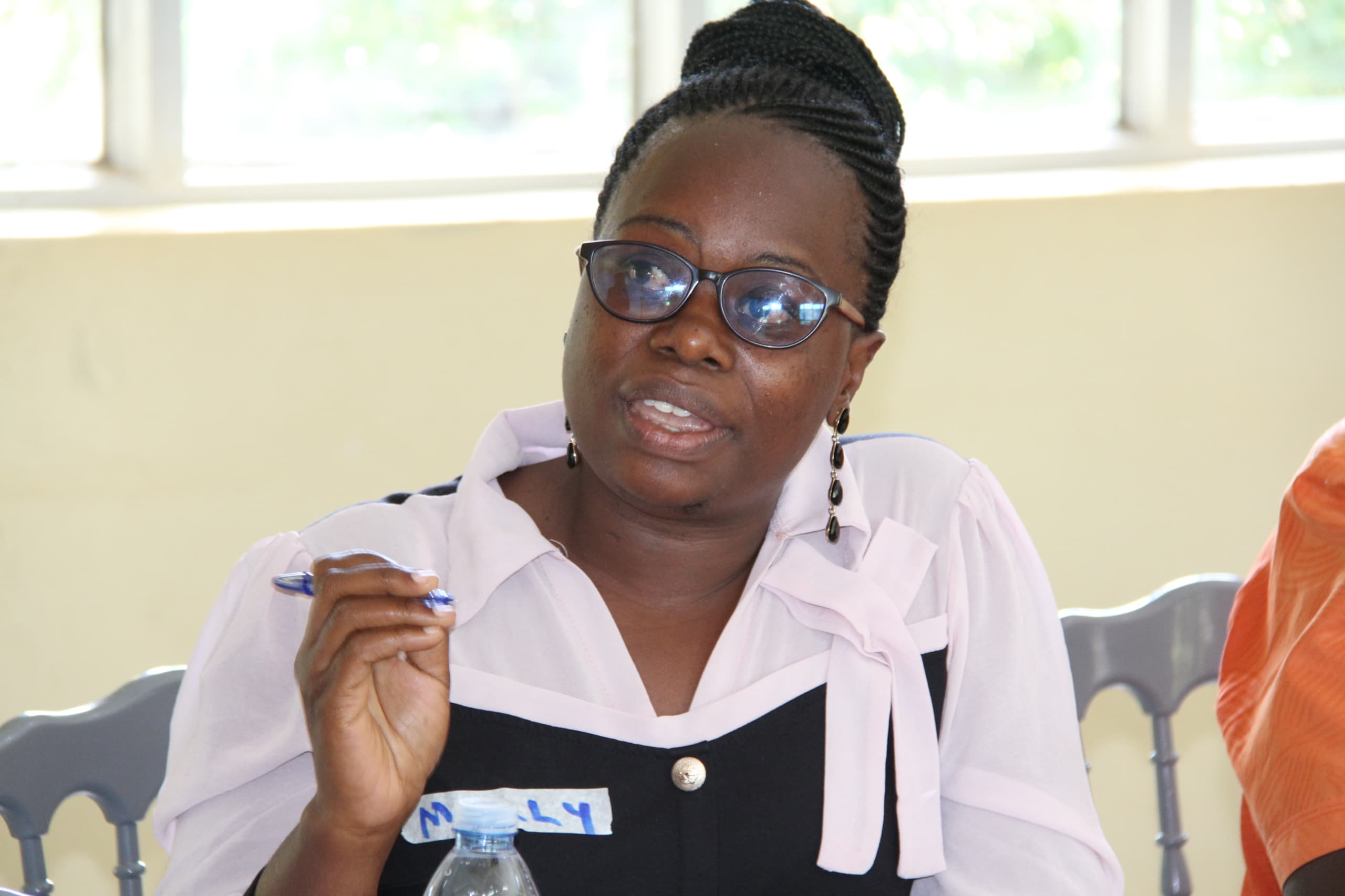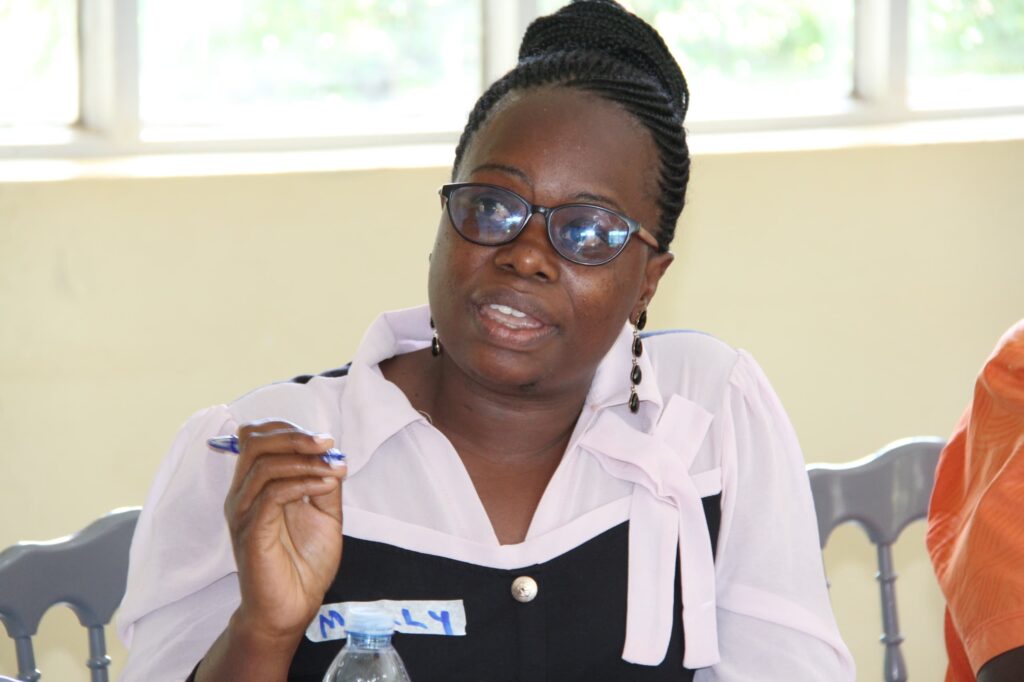
 Mama FM
Mama FM

 Mama FM
Mama FM
27 March 2025, 9:57 pm
By Byamukama Alozious
The statistics in the region indicate that 22 subcounties in Karamoja lack health facilities, forcing people to travel long distances for basic medical care. Some individuals are required to walk for hours, or even up to 70km, to reach the nearest health facility. This presents a daunting challenge, particularly for vulnerable populations such as the elderly, children, and those with chronic illnesses.
Karamoja, a rural region in northeastern Uganda, is grappling with a health crisis. Some community members in areas such as Moroto and Napak rely on informal vendors for medical care, often with questionable quality and storage conditions. The lack of access to quality healthcare has devastating consequences, perpetuating health disparities and inequities.
To make matters worse, vendors selling medicine on market days often have no medical background. Medicines are displayed on the ground for sale, alongside other commodities. This unregulated market poses a significant risk to public health, as people are exposed to substandard or counterfeit medicines.
Some community members have resorted to waiting for market days to access medical care, highlighting the desperation and lack of alternatives in the region.
Journalist Joselyn Maureen Yiga shared these concerns about the crisis during a training session on public affairs reporting and accountability, organised by the Uganda Media Women’s Association in collaboration with the Editors Guild, African Centre for Media Excellence, and Uganda Radio Network, funded by the Royal Danish Embassy in Uganda.
“As a journalist, I have seen the devastating impact of inadequate access to healthcare in Karamoja,” she said. “It’s unacceptable that communities are forced to rely on informal vendors for medical care. We need to hold those in power accountable for addressing this critical issue.”

Yiga emphasised that the UMWA training has empowered her to investigate and address this critical issue. “With the skills I’ve gained from this training, I’m confident that I can effectively report on this issue and hold those responsible accountable,” she said.
The government and health authorities must prioritise improving access to healthcare in Karamoja. This includes increasing the number of health facilities, training healthcare professionals, and regulating the sale of medicines. Journalists and media outlets must continue to shine a light on this crisis, demanding action from those in power.